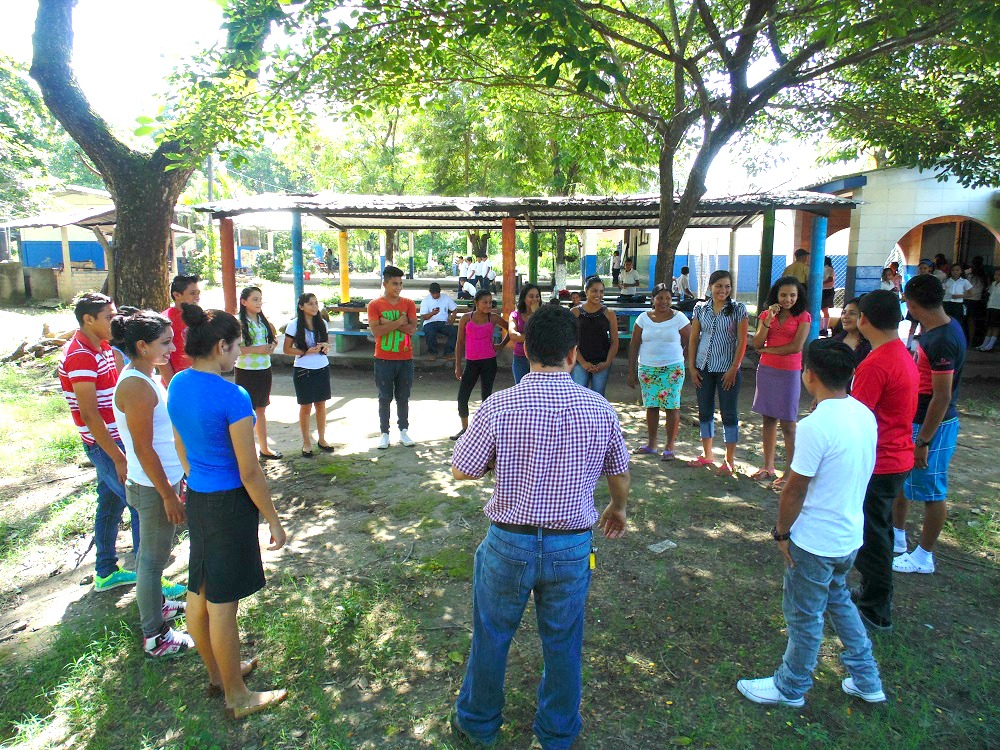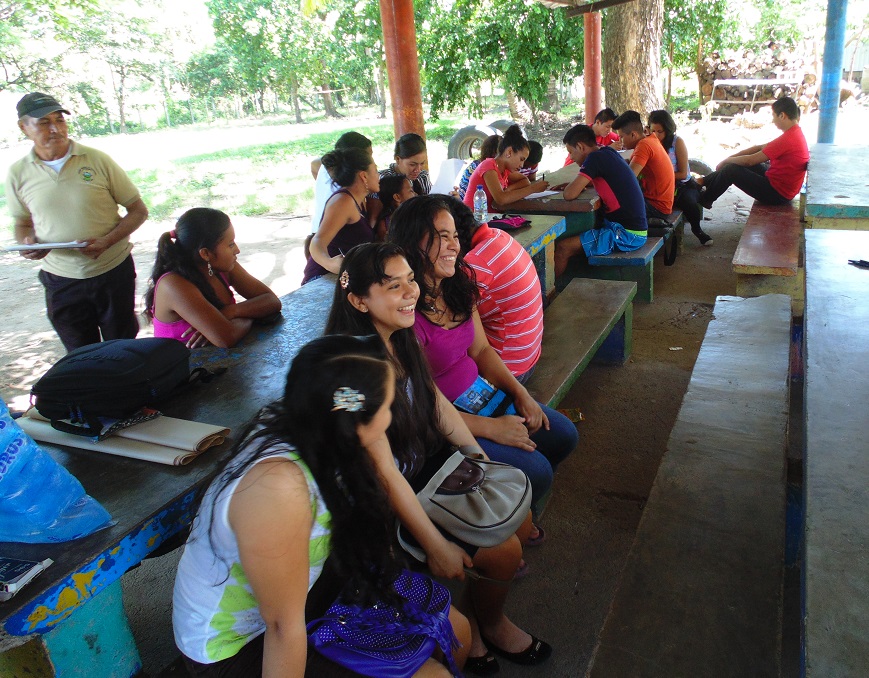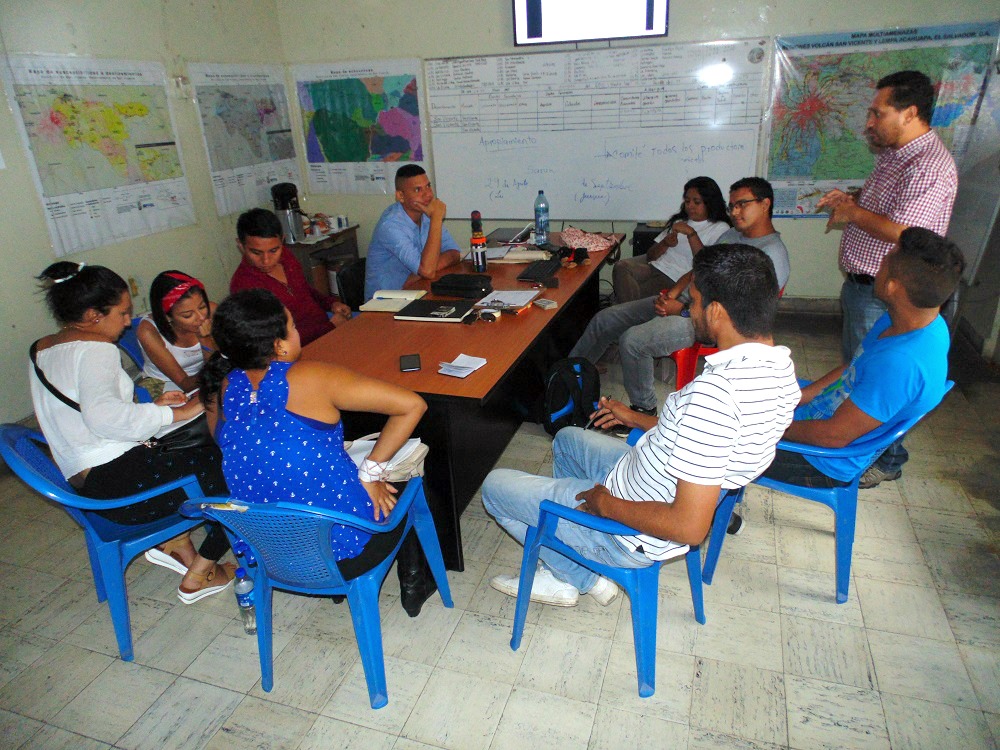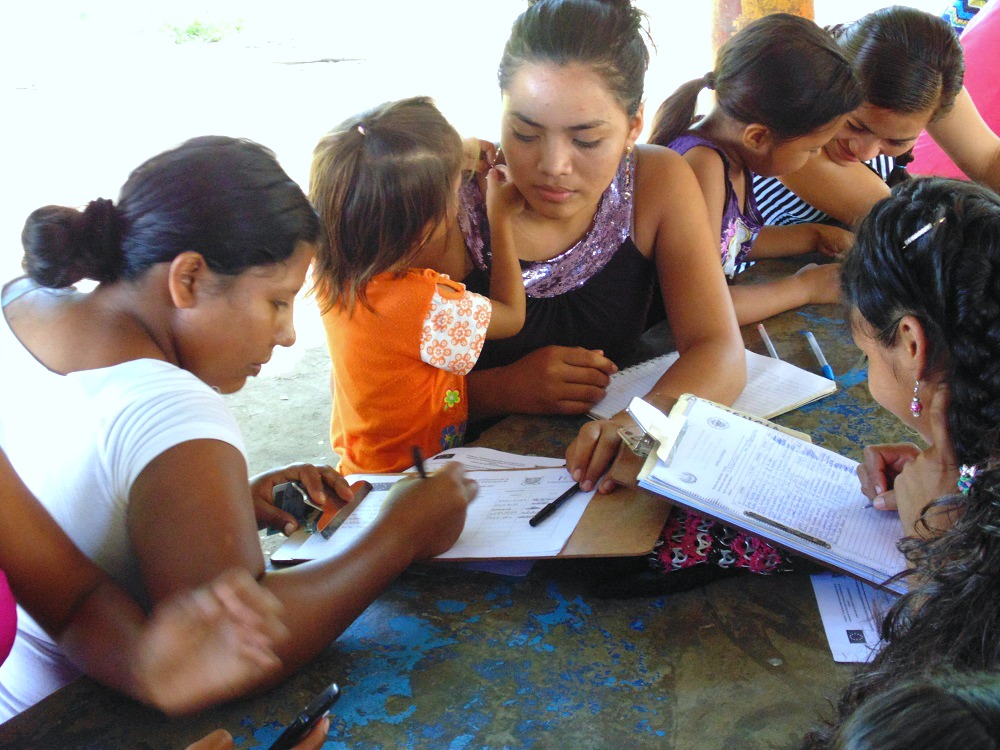Fostering local entrepreneurship as a violence prevention method in El Salvador

Violence and crime have a direct relationship with the limitations caused by socio-economic inequality, exclusion and weak public institutions. When large groups of society cannot find employment and educational opportunities, which are necessary to ensure an income for the survival of their family, then other forms of income generation begin to gain strength. In that sense, illegal economy is the link that explains the relationship between inequality and crime. Not all expressions of an illegal economy thrive on violent actions, but it does create the necessary conditions for violence to take on a regulatory role of competition between groups, which causes the detriment of peaceful community relations. The expansion of an illegal economy is also related to the lack of productive alternatives. In societies where the economy is in crisis, migration becomes another social strategy in the search for economic resources. According to the World Bank estimates, El Salvador receives about 4 billion annually in remittances, which represents 17% of their GDP.
In El Salvador, massive migration and the expansion of the illegal economy, have been the principle effects of an economic situation, which as time goes by reduces productive and employment options for the most socially and economically vulnerable young people.
To Interpeace, reducing violence has to do with overcoming the structural deficits that generate a context of violence and criminality, which means generating productive opportunities for young people so that they can therefore reduce social risks they face every day. Risk and vulnerability is not something that exists in young people, but in their social and economic environment.
Through the project “Comprehensive initiatives to prevent violence in El Salvador,” Interpeace seeks to support local entrepreneurship as the most efficient way to create opportunities for social and economic development. When these opportunities are inclusive, then they are the most powerful way to prevent violence. This project, financed by the European Union and implemented by Interpeace’s Regional Office for Latin America in 10 districts in the country, involves at risk youth between the ages of 18 and 29 and provides workshops for young men and women in methods and skills to transform conflicts in non-violent ways, as well as offering productive training for entrepreneurship to promote the creation of productive associations, through seed capital.
The first workshops took place in the districts of Nueva Concepción and Ilopango in July. In October, three other districts joined the programme: San Vicente, Zacatecoluca y Quezaltepeque. The workshops that took place were about conflict transformation, violence prevention and promoting a culture of peace. At the end of the course, tests were provided to the participants to evaluate their learning level. Moreover, the young men and women defined the entrepreneurships they want to set in course in their communities. In Ilopango and Nueva Concepción, cheese will be developed by the participants; in Zacatecoluca, small chicken farms will be established and together will form a single venture; in San Vicente, participants will work on processing sweet potato as raw material for the production of food products and in Quezaltepeque, the cultivation of chile will take place. Additionally, in Ciudad Delgado, the workshops have begun and in the following months, participants will start the process of identification and selection of their entrepreneurship.
Interpeace’s Regional Office for Latin America is also working with political, local and national institutions, as well as with the private sector of El Salvador, to promote a culture of peace in the country and shorten the distance between different sectors of society. Programme officials have met with the delegation of the National Police force of Soyapango and Ilopango, in order to create inclusive strategies for all levels of Salvadoran society to prevent violence and promote entrepreneurship among young people. Therefore, as part of the project, members of the National Police of El Salvador will receive training in the districts where the project is being developed.



